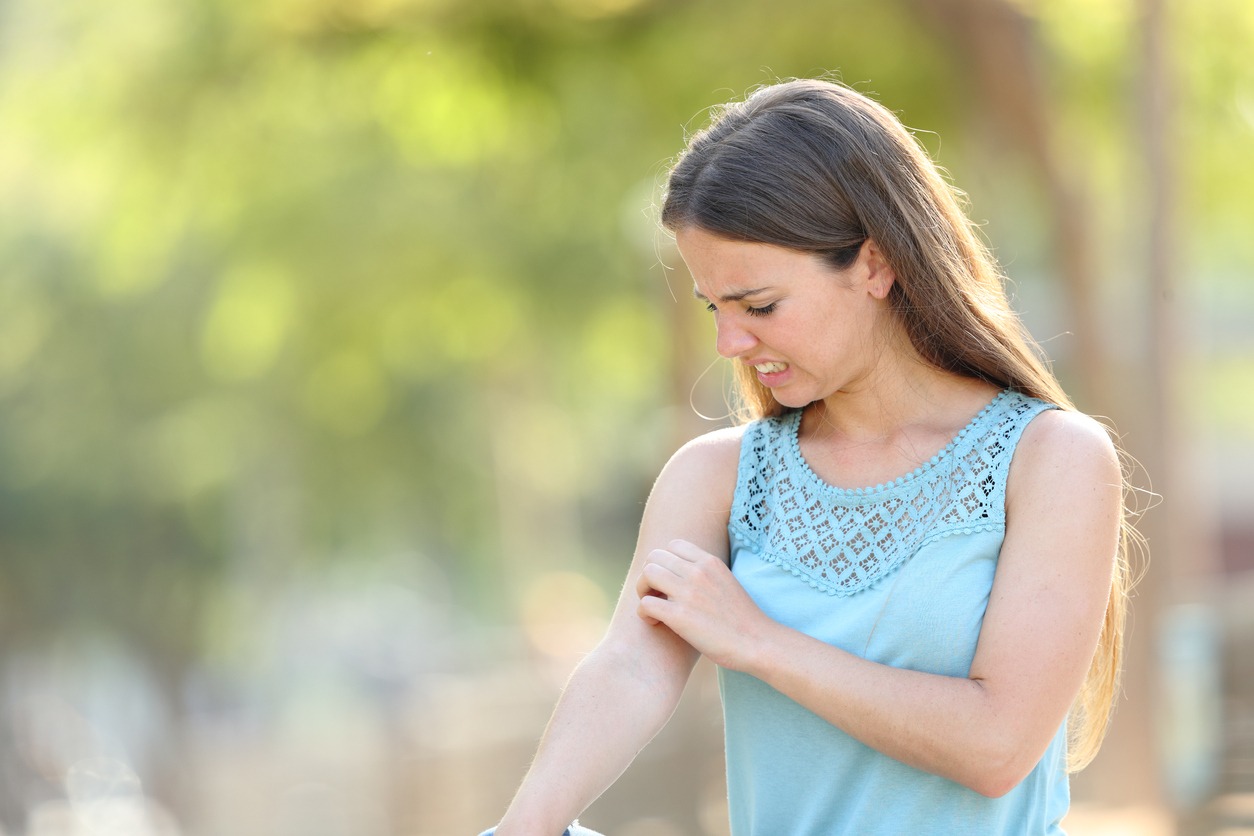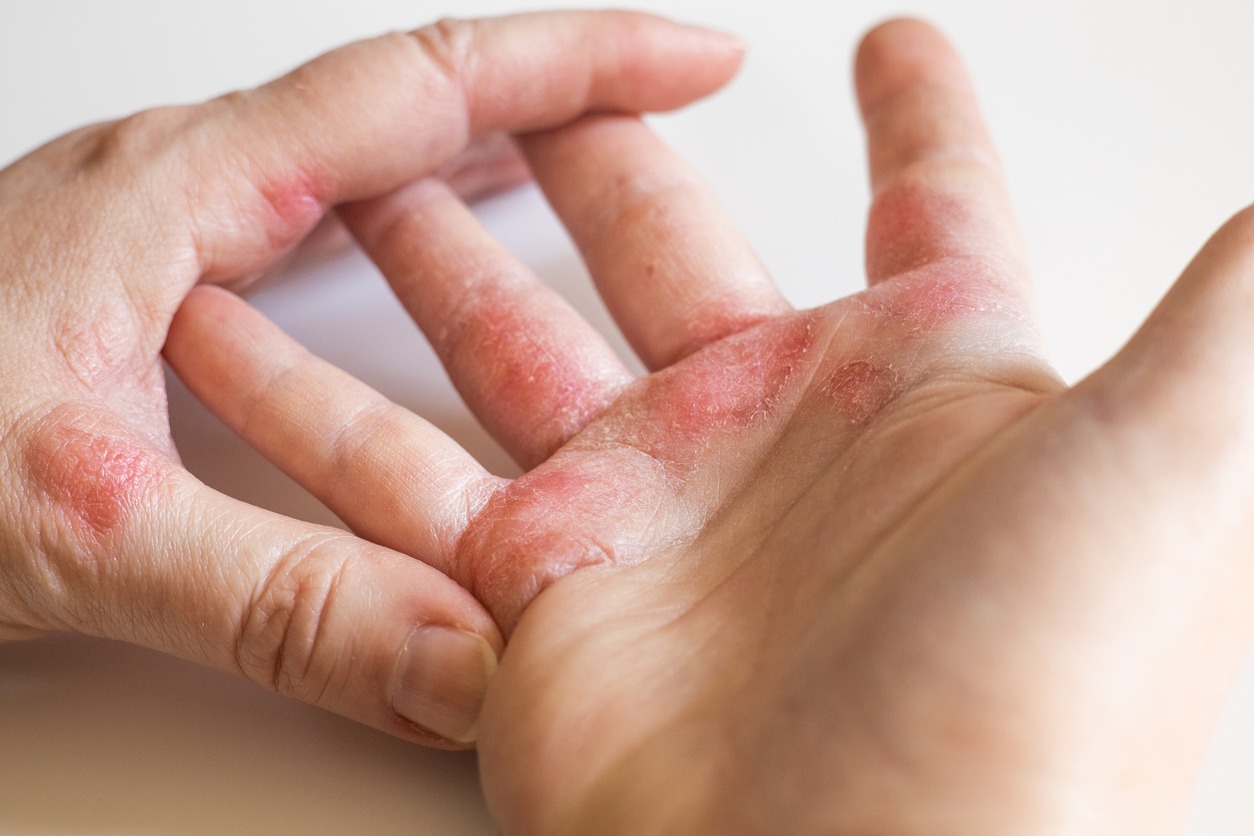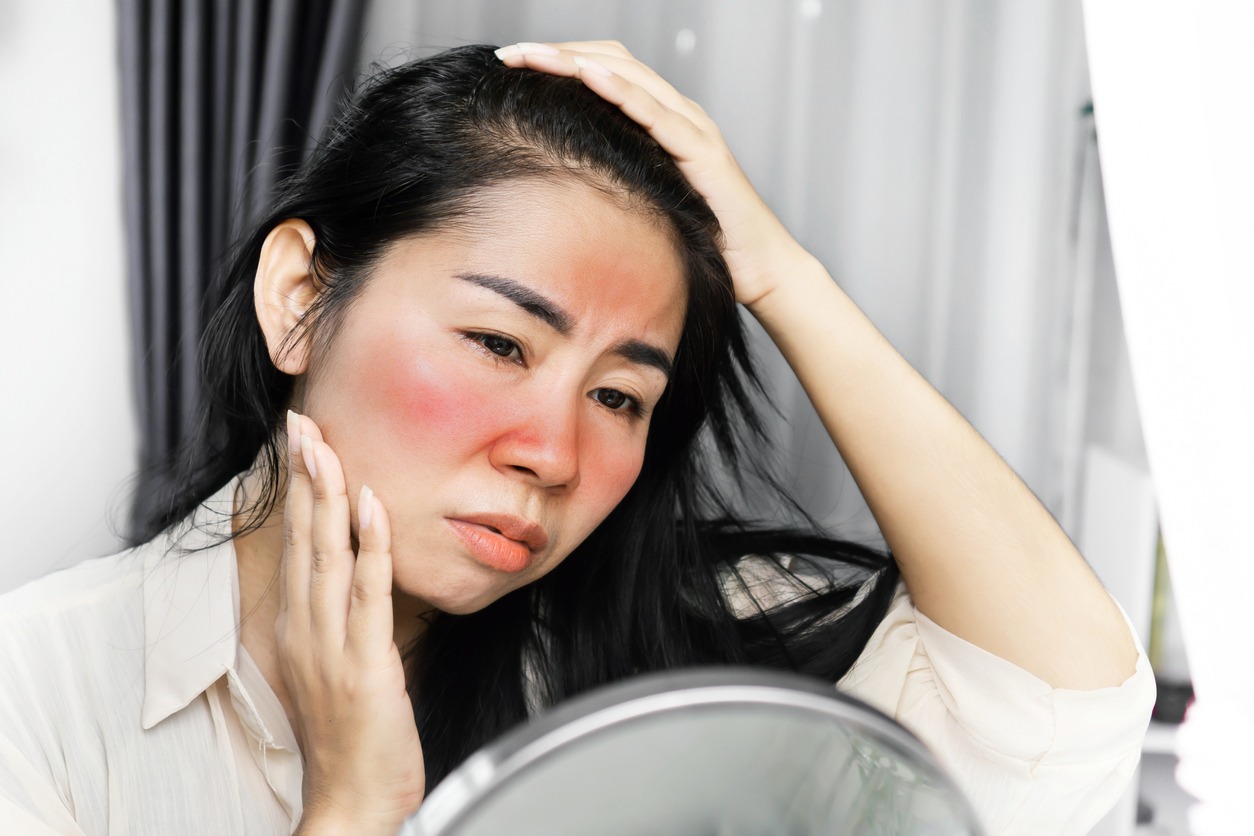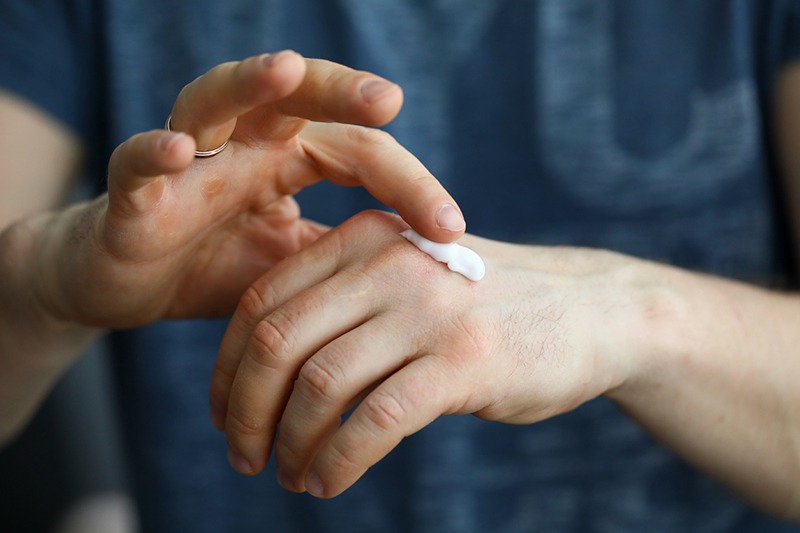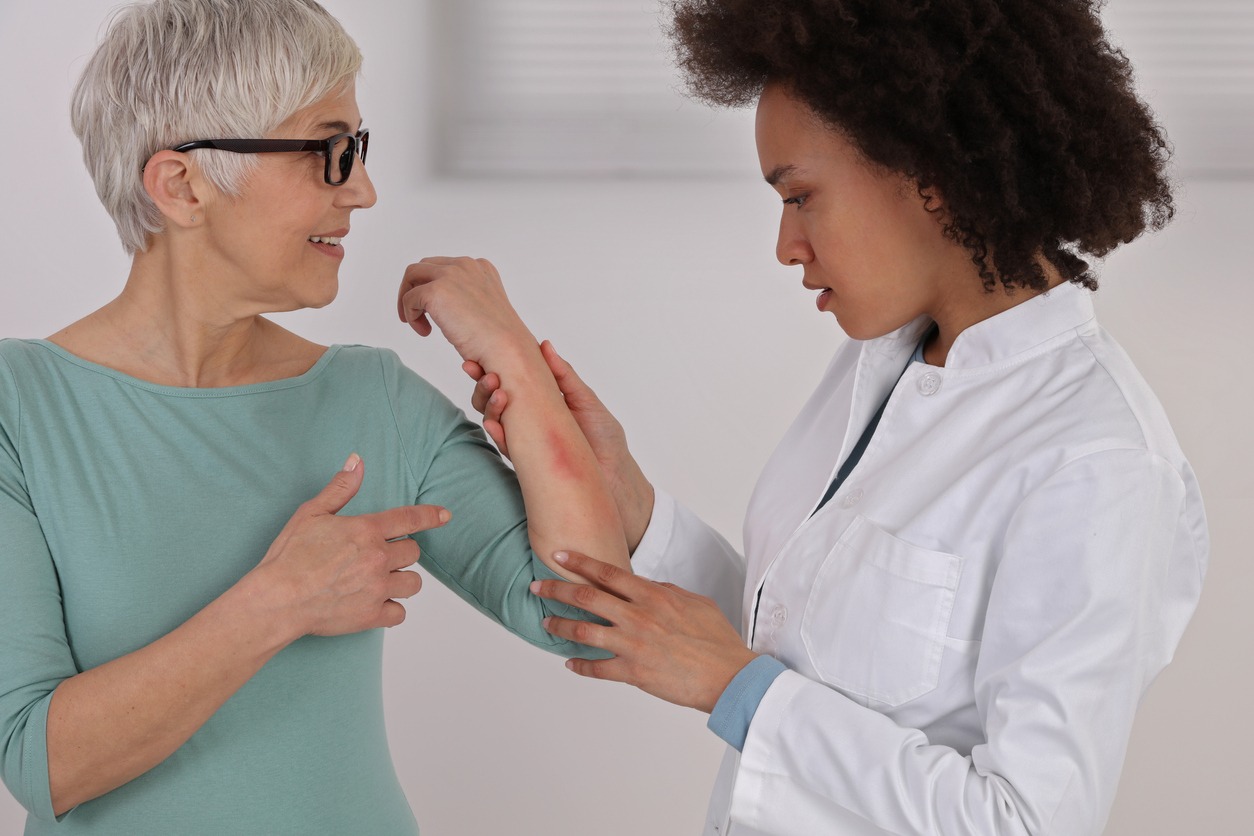If you have eczema, you know that as warmer weather arrives, flare-ups are more prevalent. Because the odds are stacked against you, breakouts like this typically manifest in conspicuous places, like the face. The appearance of eczema is not anything to be embarrassed about, but it doesn’t make it any less unsightly. In the summer, when both the sun’s intensity and the frequency of eczema flare-ups are at their highest, you may choose to do nothing or take action. It’s apparent which one you should go with, and happily, adapting your skincare routine to avoid eczema flare-ups in the summer is a breeze.
What is an Eczema?
Dry, itchy, and bumpy skin are typical signs of eczema. Your skin’s barrier function, which helps your skin retain moisture and protects your body from the environment, is compromised by this disorder. A person of any age can get eczema. The onset of symptoms is often in early childhood and continues throughout a person’s life. Suppose you or a family member has been diagnosed with allergies, hay fever, asthma, or dermatitis. In that case, you are at high risk of developing eczema. There is currently no cure, although treatments are available to aid symptom management.
Causes of Eczema Flare-Ups During Summer
Eczema sufferers know all too well that a change in the weather may, under the appropriate conditions, bring on an outbreak. So why do eczema flare-ups become more often throughout the summer?
- Heat: Summer’s high temperatures aren’t only uncomfortable; they can also set off an eczema flare. Humidity is partly to blame if you live in a humid environment since the extra moisture breaks down your skin’s natural moisture barrier.
- Sweat: The body’s natural cooling system may be as irritating to those with eczema as the dampness that causes it. Since sweat and humidity cause clothing to rub, they can contribute to breakouts, with sweat being the primary culprit since it dries out the skin.
- Allergies: Seasons of spring and summer are peak allergy times, and it’s not only your nose that might get irritated. Eczema results from an allergic response to pollen for those who suffer from allergies.
How Summers Can Lessen Eczema Flare-Ups
Those who suffer from eczema might find some relief in the summer. Even though UV radiation has been found to aggravate eczema, it can also help relieve symptoms. The situation will only worsen if you wait too long and get sunburned.
However, some people who suffer from eczema report that their outbreaks completely vanish or significantly improve when they visit the beach. An eczema sufferer would benefit greatly from a day at the beach, thanks to the soothing effects of the sun and sea. If eczema is unbearable for you right now, then a vacation is necessary.
Tips to Prevent Summer Eczemas
Not everyone has the luxury of frequent beach trips throughout the summer, so those who deal with summer eczema flare-ups need other options. Here are some things eczema sufferers might do to alleviate their symptoms this summer:
- Keep Cool Inside Your House – While you have little say over the weather outside, maintaining a home at lower temperatures can ensure a comfortable indoor environment. It can be used to prevent and soothe existing eczema. A fan will have to do if you can’t find a place with working air conditioning. But it’s also a good idea to aim for humidity levels of approximately 50%.
- Moisturize Often – The fact that it is so humid outdoors that you can almost touch the moisture in the air is no excuse to put off this essential daily task. It’s important to keep using moisturizer since eczema is caused by a disruption in your skin’s moisture barrier, not because of the humidity in the environment.
- Watch Out for Products with Irritants – If you suffer from eczema, you should avoid anything that can worsen your condition. That goes on all through the year. In contrast, summer necessitates the addition of new items, such as sunscreen, to our regular regimen. While it is recommended that you utilize this item year-round, many people only do so during the warmer months. That’s acceptable, but the regimen shouldn’t include eczema-inducing dyes and perfumes.
- Always Keep Anti-Allergies in Stock – Prepare for allergy season ahead of time by stocking up on antihistamines. Preventing allergy-related eczema through their treatment plan. However, you may wish to see a doctor about getting an antihistamine prescription.
- Wash Your Affected Areas Frequently – Symptoms of eczema can be triggered by various environmental factors, including sand, pollen, and grass. Take the time to give your body a fast, chilly rinse if you get the chance. Even without using soap or other cleansers, a cool water rinse can help keep eczema under control.
- Avoid Wearing Suffocating Clothes – You may still look stylish outside, but keeping your body temperature down is more important. Cotton, or any soft, breathable fabric, is ideal. If the cotton starts soaking too much sweat, you should switch to something different. It’s breathable, but it takes forever to dry.
- Drink Your Water, and Stay Hydrated – Drinking enough water is a fantastic method to help your body battle eczema, as hydration is essential for treating eczema. When coping with the after-effects of a damaged skin barrier, it’s necessary to keep your body as well-hydrated as possible, especially in the warmer months. Keeping hydrated is critical to your health since it aids the liver in eliminating toxins and provides your entire body with the water it needs to function properly.
Seek Professional Help When Your Eczema Gets Worse
Eczema increases your vulnerability to skin infections and has a broad spectrum of symptoms. Seek professional help if you experience severe discomfort or pain preventing you from sleeping or functioning normally. Despite conventional medical care or self-care measures, it is possible to experience severe eczema symptoms. Infections of the skin, such as pus, red streaks, or yellow scabs, are usually signs of worsening eczema. Seek quick medical assistance if a fever is present alongside these symptoms.
It’s not uncommon for people to spend a week or two of their summer away from home in a very different climate. Flare-ups of eczema are a potential downside of traveling, but it doesn’t make holidays any less enjoyable. Knowing how to avoid and treat an eczema flare-up is especially important during summer. Treatments and prevention tips are available to help you control flares, keep your skin healthy, and appreciate the summer weather and sunny days with friends and family.

